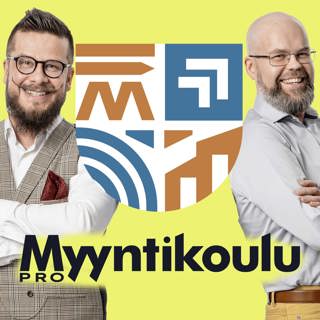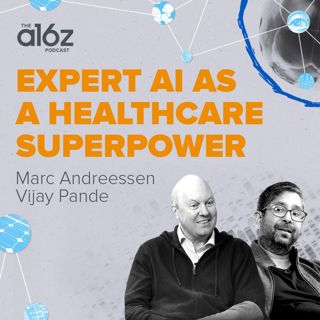
Expert AI as a Healthcare Superpower
In this episode, Marc Andreessen and Vijay Pande discuss expert AI and its role in healthcare, bio, and more. Watch on Youtube: https://youtu.be/c7ScUDYSRYoSubscribe to Bio Eats World: https://podcast...
10 Tammi 202357min

Creators, Creativity, and Technology with Bob Iger
with @robertiger @cdixon @smc90A wide-ranging conversation with Bob Iger on the interplay between technology, content, and distribution; as well as Bob’s journey -- and that of various creators! -- es...
6 Tammi 20231h 20min
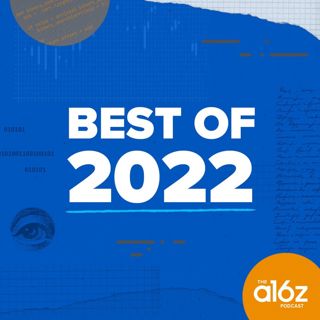
Best Clips of 2022
We’ve had some incredible guests join us on the a16z podcast this year, ranging from moonshot entrepreneurs, to top creators, to some of the most forward thinking technologists – all of which are busy...
27 Joulu 202243min
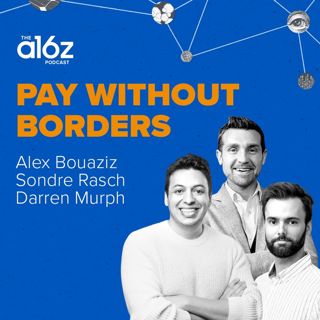
Pay Without Borders with Deel, GitLab, and Safetywing
The predecessor to the office was Florence’s Uffizi Gallery – an admin building to the Medici mercantile empire. That was in… 1560. In the centuries to come, work was revolutionized, with perhaps the ...
20 Joulu 20221h 14min

Carbon Solutions Now and Next: From Biomass to Mineralization
In this episode, we tackle three carbon removal projects of varying scale, business models, and technical challenges.Biomass pyrolysis via Charm IndustrialAn electrochemical process via TravertineMine...
13 Joulu 202245min

Ben Horowitz and Brian Armstrong on Building and Overcoming the Hard Things
If you’ve been following the news, you’ve probably heard of the recent FTX scandal.While there’s much still unknown, in this episode we get the unique opportunity to hear from Brian Armstrong – co-fou...
8 Joulu 202243min
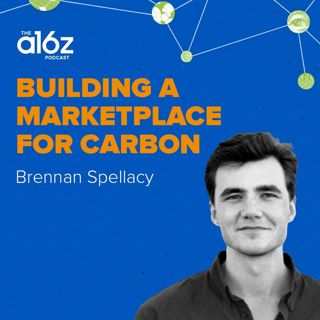
Building a Marketplace for Carbon
In part 1 of our carbon removal series, we talked to Nan Ransohoff — Head of Climate at Stripe — about what it might take to jumpstart the market of carbon removal solutions. But what happens when the...
6 Joulu 202248min
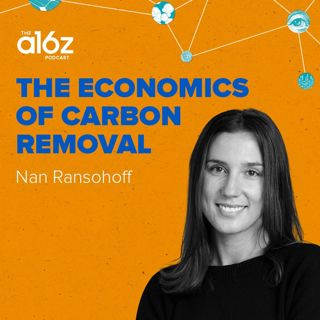
The Economics of Carbon Removal with Nan Ransohoff
What happens when there’s demand for a solution that doesn’t quite exist yet?Today, we bring on Nan Ransohoff to talk about this exact problem as it relates to carbon removal, and how Frontier — the i...
30 Marras 202258min















